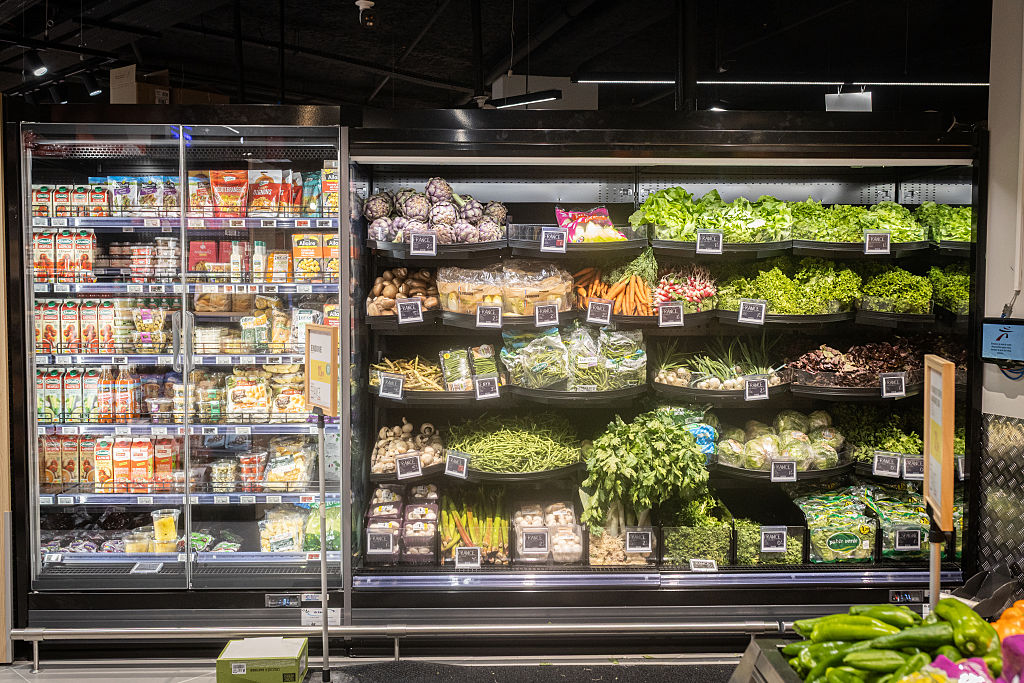France’s food market is becoming increasingly fragmented, while cases of “foodflation” are raising concern all over Europe, according to new research from the sustainable development think tank IDDRI.
Years after an EU-wide surge in food prices, driven by the war in Ukraine, IDDRI’s study shows that access to affordable food in France remains a challenge. The research highlights a split market: on one side, premium products focus on health and environmental concerns, while on the other, cheaper options offer little added value.
Food prices are rising and are expected to continue climbing, according to the research. Key drivers, such as climate change, sanitary crises like animal diseases, and energy costs, are likely to persist.
Between the 1990s and 2010s, the annual rise in food costs fell below 2%. However, that percentage increased to 6% per year between 2020 and 2024. Meanwhile, prices in France were 10% higher than the European average in 2023.
That shift is occurring alongside rising food poverty and insecurity, putting additional pressure on household food budgets, the study notes.
According to the researchers, these trends threaten the so-called “food pact,” France’s promise that safe, affordable food will be accessible for all.
A European challenge
Similar price trends are observed across Europe. However, the reasons are different and include the structure of the food chain and the market.
In the UK, Austria, and several Eastern European countries, consumers face soaring supermarket prices, with market abuses identified as a key factor.
In August, Austrian Economy Minister Wolfgang Hattmannsdorfer wrote to the European Commission, urging faster action against these market pressures.
“High living costs are still pinching households, and food prices continue to rise across Europe,” said Samuele Tonello, senior food policy officer at the European Consumers’ Organisation BEUC.
To alleviate pressure on household food budgets, IDDRI recommends demand-side policies that encourage healthier and more sustainable diets, while providing support to society’s most vulnerable groups.
At the European level, Tonello argues that change requires “systemic policies.”
He suggested that policymakers radically change the Common Agricultural Policy (CAP), allowing it to evolve from a policy designed for farmers towards one that addresses demand, and making healthy and sustainable food choices easier for consumers.
Improving Europe’s food environments, he added, will require “a shift in how products are marketed, priced, placed, and made available.”
(adm, cm)


Dining and Cooking